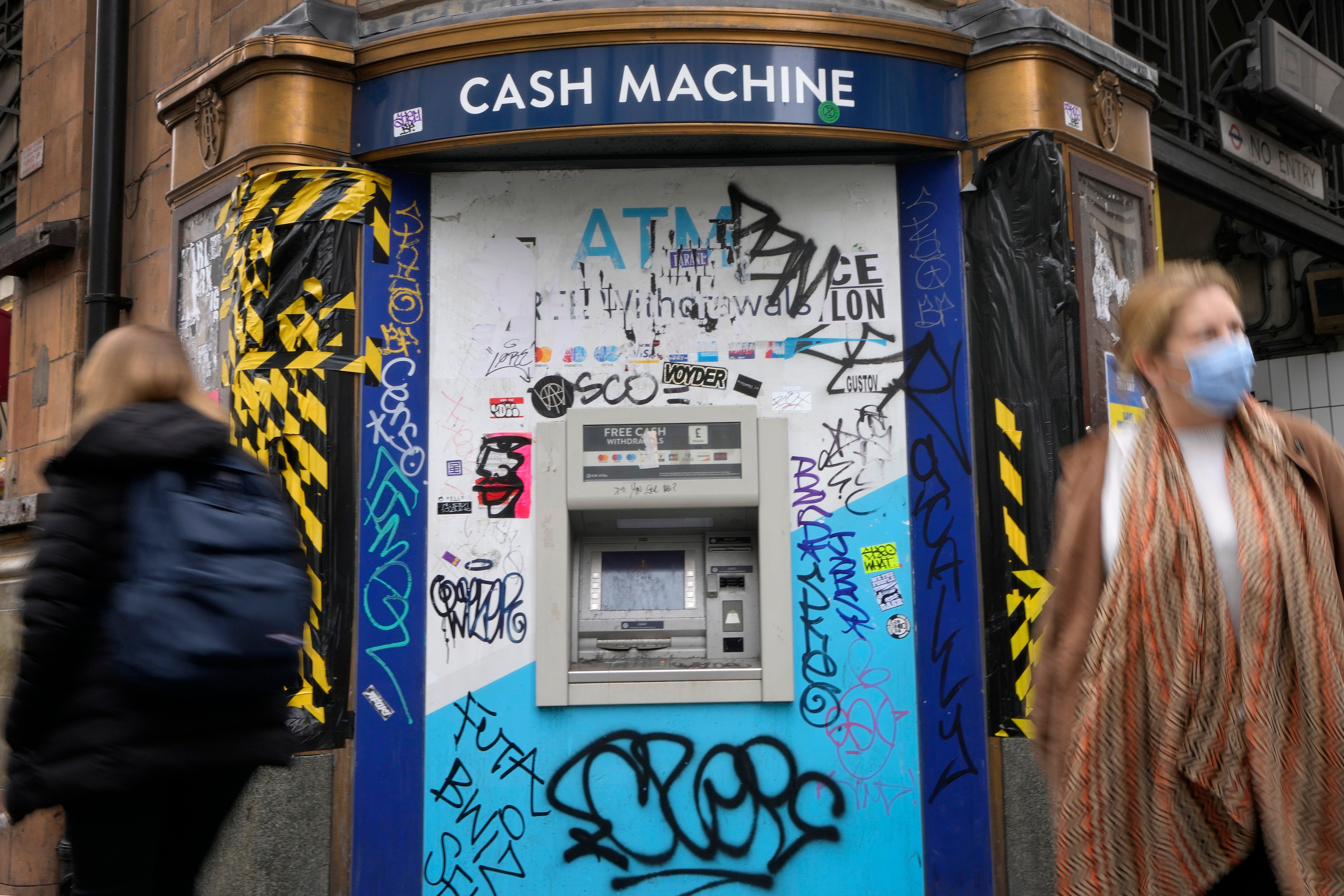There are bleak days ahead for the economy – but don’t give up hope
It is useful to look at the world economy as a whole, and if you do that, there are glints of sunlight between the dark clouds, writes Hamish McRae


These are confusing and troubling days, but the Easter break gives us all a moment to reflect on what is happening and hopefully pick a path through the gloom.
It is for the military experts to guide us through the likely outcomes of the war in Ukraine, and for the political analysts to gauge the long-term geopolitical implications of that. The focus of economists is narrower: given the huge uncertainties, what can we sensibly say about the path of the world economy in the coming months?
The question is so big that the best way to answer it is to break it into bite-sized chunks. So let’s do so, starting with inflation.
We are at the point of crisis, with the peak in the UK probably being this month. We have to wait until 18 May to know the April numbers, but it looks as though the consumer price index will be around 9 per cent, and the traditional measure, the retail price index, rising above 10 per cent. This will be the highest for 40 years – something outside the experience of most people at work today.
Only a small part of this is the result of the invasion of Ukraine, for in February, the Bank of England was already expecting inflation to be around 7 per cent this spring. Then inflation will fall through the summer, with a second peak coming in the autumn.
The big question is what happens after that. On that, economists are split. Some think, or fear, that inflation has become embedded and while it will come back down, it will stick at around 4 per cent or 5 per cent. Others are confident that it will revert to around 2 per cent, the target of most central banks. This is of massive importance, because if inflation comes down of its own accord, the central banks won’t need to increase interest rates by very much. If not, things will be tough.
That leads to the second issue: what happens to interest rates? The last time inflation was in double digits, interest rates were in double digits too. In 1979, the Bank of England’s base rate went to 17 per cent, then it fell through the 1980s before hitting another peak of 15 per cent in 1991.
I don’t think we are going back there, but remember that between 2006 and 2008, before the banking crisis, rates were above 5 per cent. The present ultra-low levels of rates are unprecedented and won’t last. The question is how far rates will rise, not whether they will do so. The honest answer to that is we don’t know.
What happens to interest rates depends on inflation, but it also depends on the overall strength of the economy. That’s the next question and it is a global one: what happens to world economic growth?
Here we can be quite positive. The global economy has taken a massive battering from Covid-19, but has recovered strongly. Most major economies, including that of the UK, are at or above their pre-pandemic peak. There will be some long-term damage from the disruption, because you cannot shut down swathes of the world economy for more than a year then expect it to perk up without any problems – but there also will be some long-term benefits, because we have learnt to do things in more efficient ways. The revamping of the distribution system, moving to home delivery, and the spread of working from home, will probably increase overall efficiency, though the benefits will take time to come through.
To keep up to speed with all the latest opinions and comment, sign up to our free weekly Voices Dispatches newsletter by clicking here
How far has the war damaged what would otherwise have been a positive outlook? That is hard to say, but there will certainly be economic costs, quite aside from the much more troubling human ones. The IMF will be publishing its next World Economic Outlook later this month – some of the analytical chapters are already out – and that will be an early stab at the scale of the losses. We know that the impact will be particularly serious for the emerging economies, but until there is a ceasefire it is hard to put numbers on anything.
However, it is also true that this additional blow comes against a background of tremendously strong demand for labour. There are jobs galore right across the developed world. The problem is persuading people to take them up, as many would-be workers have decided either to retire early or simply pull out of the job market.
We don’t quite know why, but this phenomenon, dubbed “the great resignation”, is pretty universal. And the strong job market is very different from the last time when inflation was so high. At the end of 1979, UK unemployment was 5.5 per cent and it was over 10 per cent from 1981 to 1987. Now it is 3.8 per cent, the equal lowest since 1974.
These will be a horrible few weeks, and nothing can be written that helps in any way. But I think it is useful to look at the world economy as a whole, and if you do that, there are glints of sunlight between the dark clouds. I hope they will get brighter soon.
Join our commenting forum
Join thought-provoking conversations, follow other Independent readers and see their replies
Comments
Bookmark popover
Removed from bookmarks